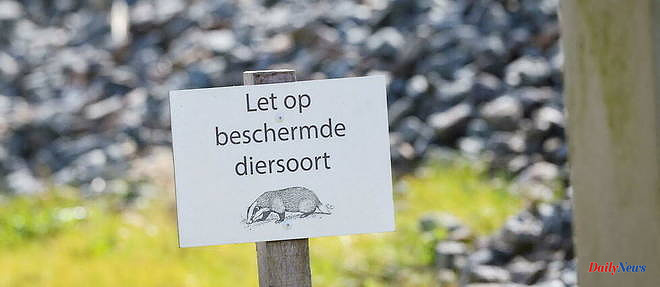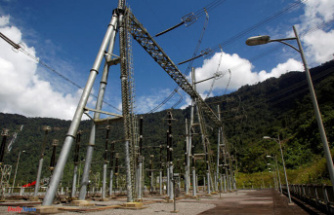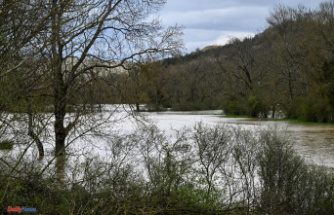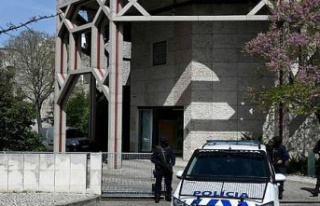The striking demonstrators sometimes stop the trains of the hexagonal network. In the Netherlands, badgers are responsible for the paralysis of certain lines such as last week that between 's-Hertogenbosch (Den Bosch) and Boxtel, in the south of the country. At the beginning of March, it was near Molkwerum, in northern Holland, that traffic had to be suspended between the towns of Workum and Stavoren, still after the action of badgers.
These attack the ballast, crushed stones that support the railway, and dig galleries that can collapse and cause a derailment. "The safety of train traffic can then no longer be guaranteed", explains ProRail, the Dutch network manager, which devotes several pages of its website to the problem of badgers, both safety and environmental.
These little beasts - up to 70 cm long and 12 kg - are very recognizable by the two black longitudinal bands they carry on either side of their white muzzle. Thanks to their jaws equipped with 34 teeth, badgers are remarkable diggers. Their burrows and galleries can cover "nearly a hectare of surface ground". In some of these cavities, "earthwork volumes" sometimes reach "some 40 tonnes of earth moved", says ProRail.
As it is a protected animal in the Netherlands, railway operators must obtain permission before moving it or intervening in its natural habitat to carry out repairs. Where a day of roadmenders with shovels and mechanical devices would be necessary, a week of administrative delays is unavoidable before having the green light to block the galleries and return the line to train traffic.
In 2014, a collision near Pau between a TER and a TGV left 40 injured. A signal turned green following a false contact had led a TER to move forward and crash into the back of a TGV.












